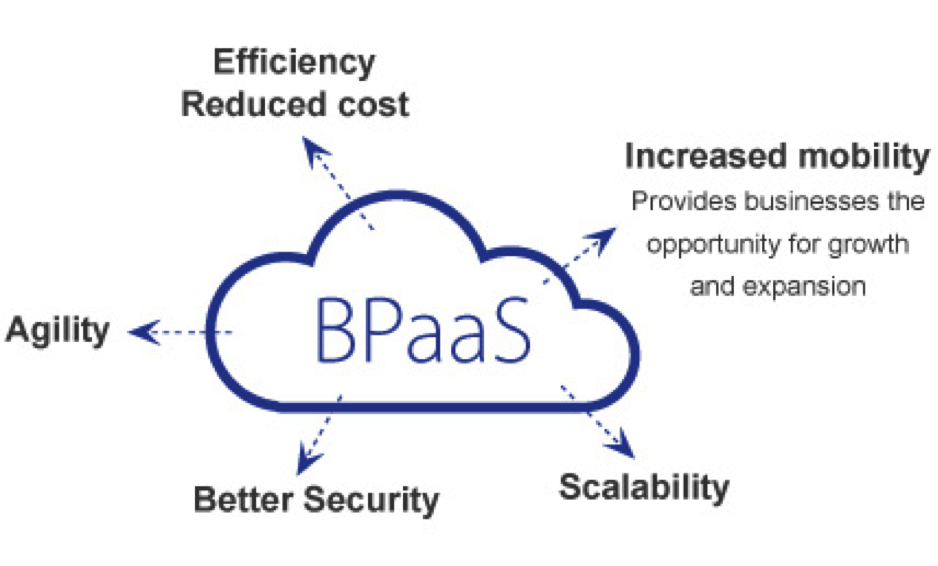
10+ Google Ranking Factors Every Digital Marketer Should Know by 2023
Digital marketing is always evolving, and what works today may not work tomorrow. That’s why staying up-to-date on the latest trends and best practices is important. Google is constantly changing its algorithm, and new ranking factors are introduced all the time.
To help you keep up, we’ve compiled a list of 50+ Google ranking factors that every digital marketer should know in 2023. This list includes both on-page and off-page factors, as well as some technical SEO considerations.
Keep in mind that this is not an exhaustive list, but it covers many of the most important ranking factors that you should be aware of.
Why Is It Important To Have a Focused Google Ranking Factors 2023 Checklist?
Assuming that you are asking why it is important for a website to have a focused Google Ranking Factors 2023 Checklist, there are a few key reasons. First, having a checklist, allows you to track your progress in terms of ranking for certain keywords. Second, it also allows you to identify which ranking factors are most important to your website and focus on improving those. Third, by keeping track of the ranking factors, you can ensure that your website is always up-to-date with the latest changes from Google. Finally, by having a checklist, you can ensure that your SEO efforts are constantly focused on the right things.
Checkout The factors Below
Keywords in the HTML Tag
When creating a website, it is important to choose your keywords wisely. These are the words that potential customers will use to search for your site. If you choose the wrong keywords, your site can lose in the sea of other sites.
The HTML tag is one of the most important places to include keywords. These are the words that tell search engines what your website is about. Without the right keywords, your website will not be found by potential customers.
There are a few things to keep in mind when choosing keywords for the HTML tag. First, choose keywords that are relevant to your business. Second, make sure that the keywords are popular enough that people will actually search for them. Third, use keyword research tools to find the best keywords for your website.
By following these tips, you can ensure that your website is visible to potential customers and that you are using the best keywords for your business.
Keywords in H1-H6 Tags
It is important to use keywords in your headings (H1-H6 tags) on your website. This helps search engines understand what your website is about and improves your chances of ranking higher in search results. When choosing keywords, focus on those that are relevant to your business or website content. Try to use a variety of different keywords throughout your headings to help improve your chances of being found by searchers.
Search Result Display URL Matches
The URL is one of the most important ranking factors for SEO. It is important to have your keyword in the URL, as this tells search engines what your website is about. optimizing your URL can be a great way to improve your SEO.
Keywords in Alt Attributes
The alt tag is an HTML attribute to specify alternative text for an image. If an image is not displaying for some reason, the alt text can use by the browser or screen reader to provide a description of the image. The alt text should be concise and describe the content of the image. It is important to use keywords in the alt text so that search engines can index the images and improve the visibility of the website.
Mobile-First Optimization
One of the most important aspects of mobile-first optimization is to make sure that your website loads quickly on mobile devices. This is because people are more likely to abandon a website if it takes too long to load, and this can hurt your business. There are a few things you can do to improve your website’s loading speed, such as optimizing your images and using a content delivery network.
Domain Age and Authority
Domain age and authority are both important factors to consider when choosing a domain name. A domain that is older and has a good reputation is more likely to trust by users and search engines. A new domain, on the other hand, maybe less expensive and easier to register but may lack the trust and authority of an older one. The best option would be to choose a domain that is both old and has a good reputation.
Content Relevancy and Authority
Content relevancy is the most important aspect of having a successful website. If people can’t find relevant content on your site, they’re likely to leave and never come back. That’s why it’s important to make sure that your site’s content is relevant to your target audience.
One way to ensure that your content is relevant is to regularly update it. This shows that you’re keeping up with current trends and invested in providing accurate information to your visitors. Additionally, try to write from a position of authority. This means using strong language and backing up your claims with data. If you can do this, you’ll be more likely to engage and retain readers.
Website Loading Speed
Website speed is one of the most important factors to consider when optimizing a website. A slow-loading website can negatively impact a user’s experience, and may even lead to lost conversions. There are a number of ways to improve website speed, such as optimizing images and using a content delivery network (CDN). By making a few simple tweaks, you can dramatically improve your website’s loading speed and provide a better experience for your users.
The content’s length.
Content length is the amount of information contains in a piece of content. This can be measured by the number of words, characters, sentences, or paragraphs. Longer content is not necessarily better than shorter content, but it is important to consider the length when planning and creating content. For example, a blog post might be too long to read in one sitting, but it would make a good article. On the other hand, a tweet would not be enough to provide all the information needed for an article.









